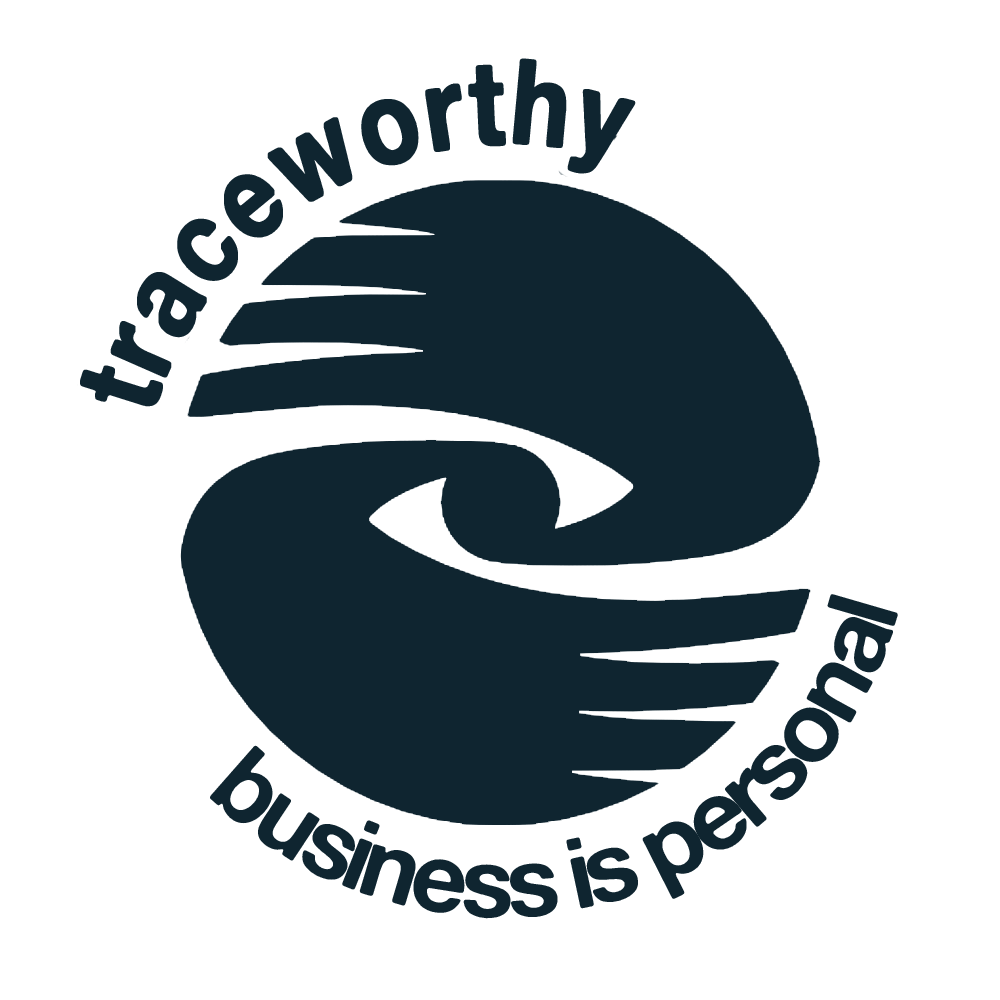It started with a text message:
“We suggest ending our partnership now; you don’t need to put in any [further] work.”
Less than six weeks into our relationship, our partner quit.
In the early stages of any relationship, whether personal or professional, emotions run high. The investment—physical, intellectual, and emotional—is immense. It feels like the start of something meaningful. But relationships require time, patience, and alignment to truly thrive.
In this case, we thought we were building something lasting. We imagined commitment, mutual respect, and a shared journey toward success. To them, we were simply a summer fling—brief, intense, and fleeting.
Why Didn’t They Love Us?
We showed them our best self. We presented bold ideas, creative strategies, and a clear vision for their future. We gave them our undivided attention, setting aside all distractions to focus entirely on them.
But it ended abruptly.
“I just want to point out that this is nothing personal. We need to make this decision for our business. We need to make sure to go forward very fast. Every day we are not making progress is like a step backwards.”
Oh…
When a client leaves you, especially for the very reasons they initially chose you, it stings. They said they loved our minds—our ability to spot opportunities they had never imagined. They admired the boldness of our vision and the depth of our commitment. But somewhere along the way, the intensity that brought us together also drove us apart.
Lessons From the Summer Fling
This breakup taught us more than just the importance of boundaries. It offered a deeper understanding of the dynamics that make or break relationships.
1. Boundaries Are Not Barriers—They Are Bridges
“Don’t do anything on your first date that you’re not willing to do for the rest of your life.”
This advice from my mother still resonates. On our first “date” with this client, we said yes to everything. We were eager to impress, to prove our worth. But in doing so, we blurred the lines that define healthy boundaries.
Boundaries are not about saying no—they are about establishing mutual respect. By being too accommodating, we unintentionally sent the message that our time and expertise were negotiable. Moving forward, we know this: Boundaries are not limitations; they are frameworks for trust.
2. Enthusiasm Needs Direction
We approached the relationship with excitement and optimism, eager to show the client what was possible. We imagined a long-term partnership, filled with shared victories and mutual growth.
But enthusiasm, without alignment, can lead to mismanaged expectations. We assumed they wanted the same things we did—a lasting relationship. Instead, they were looking for a quick win.
The lesson? Passion must be paired with candid conversations about goals and timelines.
3. Saying “Yes” to Everything Can Mean Saying “No” to Yourself
In our eagerness to please, we took on tasks and timelines that stretched our resources. We wanted to make them happy, to show them what was possible. But by saying yes to everything, we compromised our ability to deliver the excellence we are known for.
The fear of disappointing them led us to overcommit. In hindsight, a thoughtful, measured “no” would have served the relationship better.
Every “yes” must reflect our values, capabilities, and the commitment to deliver exceptional outcomes.
4. Discomfort Signals Growth
Breakups, whether personal or professional, are uncomfortable. They force you to question what went wrong and what could have been done differently. But discomfort is also a catalyst for growth.
From this experience, we learned to ask deeper questions at the start of every relationship:
- What are the client’s true goals?
- Are we aligned in terms of values, pace, and expectations?
- How do we establish boundaries that protect both parties?
These questions are not always easy, but they are necessary. Growth begins where comfort ends.
5. The Importance of Mutual Investment
Relationships, whether romantic or professional, thrive on mutual investment. Without it, the imbalance creates tension and eventually causes the partnership to falter.
Looking back, we gave more than we received. We were all in, while they saw the relationship as transactional. Moving forward, we will prioritise clients who are equally committed to building something meaningful.
True partnerships are a two-way street. Both parties must be willing to invest time, energy, and trust.
Reflection and Moving Forward
“It’s better to terminate the agreement now.”
That single sentence marked the end of our summer fling, but it did not define it. While the relationship was brief, the lessons it taught us are enduring.
We learned to value our boundaries, to align our enthusiasm with our clients’ needs, and to seek partnerships built on mutual respect and shared goals. We learned that even short-term relationships leave long-term impacts.
And most importantly, we learned to treasure the experience itself. As Bruce Lee said:
“Learning is a constant process of discovery—a process that never ends.”
So, to our summer fling, we say thank you. You taught us to love what we do even more deeply, to honour our worth, and to move forward with greater wisdom and clarity. Here’s to the next partnership—and the lessons it will bring.

